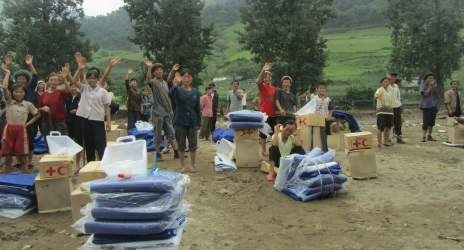[This article appeared in the 29 March 2013 edition of The Atlantic Monthly. Joel S. Wit is a visiting fellow with the U.S.-Korea Institute at Johns Hopkins School of Advanced International Studies and founder of its North Korea website, 38North. Jenny Town is a research associate at the Institute and the editor of its website. –CanKor]
It’s Not a Hermit Kingdom, and 4 Other Myths About North Korea
Yes, we should be taking Kim Jong Un’s recent threats seriously. But first, we have to lose the comic-book caricature of his country.
Every day the media is filled with reports of North Korea threatening to attack the United States and its close allies. An escalating cycle of threat and counter-threat has been going on for the past few months. It started with the North’s partially successful long-range rocket test in December, was followed by its third test of a nuclear bomb in February, new U.N. sanctions in response to those tests, U.S.-South Korean military exercises, Pyongyang’s bellicose threats to launch strikes against the United States, and now the temporary deployment of long-range U.S. B-2 bombers, capable of carrying nuclear weapons, to South Korea.
Americans should be deeply concerned about these events. While the North may eventually be able to put a nuclear weapon on top of a long-range missile and attack the United States, Pyongyang’s bombs can already reach our friends in South Korea and Japan. There is also a danger that North Korea may export nuclear technology to other rogue states, like Iran and terrorist groups. Remember that the North did send a nuclear reactor for producing bomb-making material to Syria — luckily Israeli warplanes destroyed the unfinished facility in 2006. The danger of exports will grow in the future if the North’s nuclear arsenal continues to grow. Read the rest of this entry »












